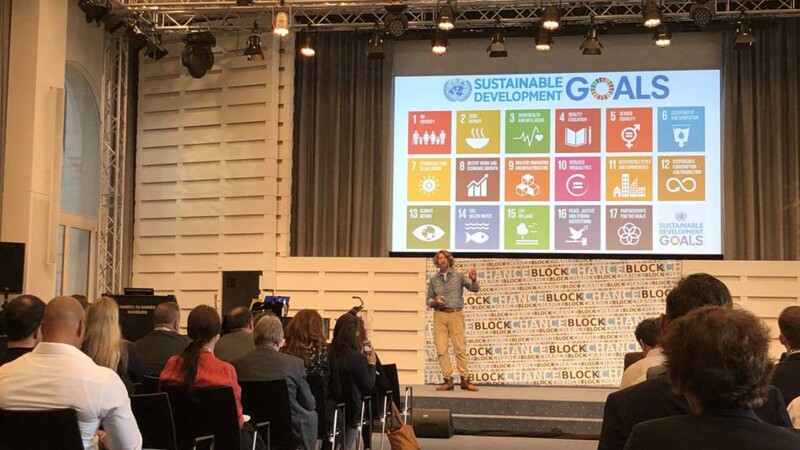The Hamburg-based transport and logistics company Hapag Lloyd joined Tradelens, a*blockchain-based, digital platform* in July. Developed by IBM and the A.P. Moller-Maersk logistics group, it now has over 100 international users i.e. companies that are responsible for more than half of the global sea freight container traffic. Tradelens allows users across the entire ecosystem of the supply chain to link up with each other, exchange information and collaborate digitally.
DLT’s features are ideal for large networks involving different partners. Blockchain technology creates a transparent, unalterable record of all transactions while the freight is being moved around the world. Authorized parties including carriers, customs and port authorities, can access data in real time. “We can accelerate digital transformation with five of the world’s six largest carriers and many other players to create more trust, transparency and collaboration along supply chains and promote global trade,” said Martin Gnass, Managing Director of Information Technology at Hapag-Lloyd. The platform processes more than 10 million shipping transactions and thousands of documents every week, according to IBM.



